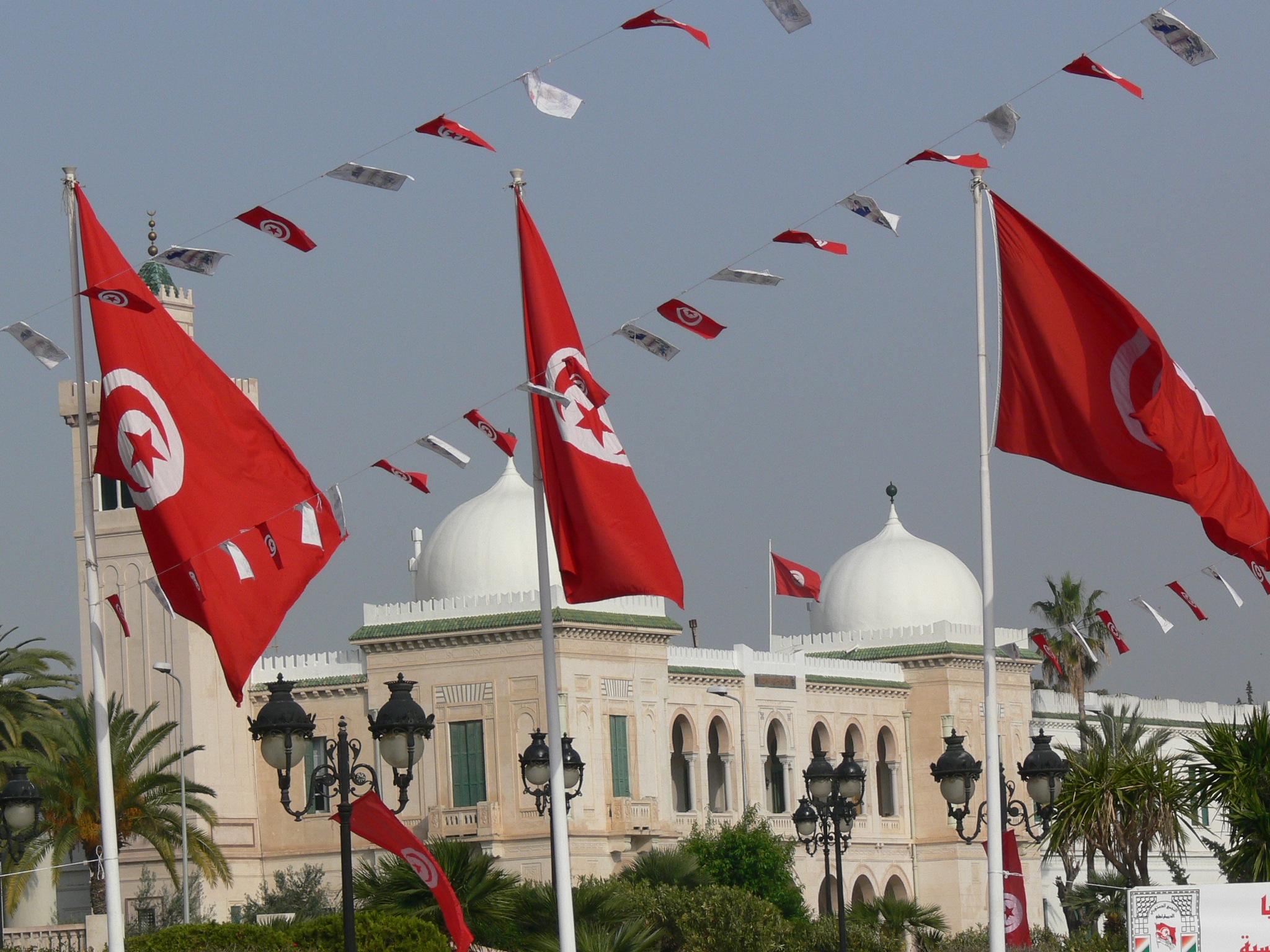Three Things to Know About Sunday’s Elections in Tunisia

On May 6, Tunisians will cast their votes in the country’s first-ever democratic local elections.
Across the country, 53,668 candidates will compete for 7,212 municipal council seats in Tunisia’s 350 municipalities. Repeatedly postponed, Sunday’s elections are an essential step in the democratic transition process and an opportunity for Tunisians to choose local representatives who will be responsible for addressing some of the country’s most pressing economic issues.
Here are three things you need to know about the elections:
Municipal councils will be diverse.
Amendments made to Tunisia’s electoral law in January 2017 formalized the young democracy’s progressive and inclusive principles when it comes to electing local representatives. Included in the Law on Local and Regional Elections is gender parity unlike any in the region. According to the law, municipal election lists must have equal numbers of both male and female candidates, with men and women alternating as the head within those lists to strengthen the representation of women in local government. Similarly, the law ensures the representation of youth and persons with disabilities (PWD); each list must include an individual under the age of 35 in its first three candidates and an individual with a physical disability in the first 10 names of the list. According to Tunisia’s Independent High Authority for Elections, 49.25 percent of municipal candidates are women, 52.1 percent are individuals under the age of 35 and 18 lists are led by a PWD.
Municipal elections are part of a process to decentralize power.
Elections to choose new municipal councils are a core component of the ambitious, post-revolution constitutional project. Title seven of the 2014 Constitution outlines, in rough detail, that local government is based on decentralization, that local authorities are elected and that they “enjoy legal personality as well as financial and administrative independence.” Although the precise mandate of municipal councils is still uncertain – dozens of laws articulating the relationship between local authorities and the central government still need to be adopted – municipal councils are a historic step for the democratic transition process and necessary to promote effective and accountable governance at the local level. Until Sunday’s elections, Tunisians have never been represented by democratically elected representatives and local governments have been accountable only to authorities in Tunis.
Expectations are high.
Seven years after the historic uprising that toppled longtime dictator Zine el-Abidine Ben Ali, Tunisian political leaders have struggled to deliver on the revolution’s goals of dignity and economic opportunity, especially in the marginalized interior regions where the revolution began. According to recent polling by IRI, 89 percent of Tunisians describe the current economic situation as either “somewhat” or “very bad,” and 77 percent have barely enough to survive. Although majorities are optimistic that democratically elected municipal councils will lead to economic improvement and better services, expectations are high. Nationwide protests in January against new government austerity measures demonstrate that economic hardship and frustration have the potential to spark widespread unrest. Local governments will need to demonstrate that they hear and understand constituents’ concerns, develop policies that promote growth and investment and, most importantly, inspire confidence in the democratic governance process.